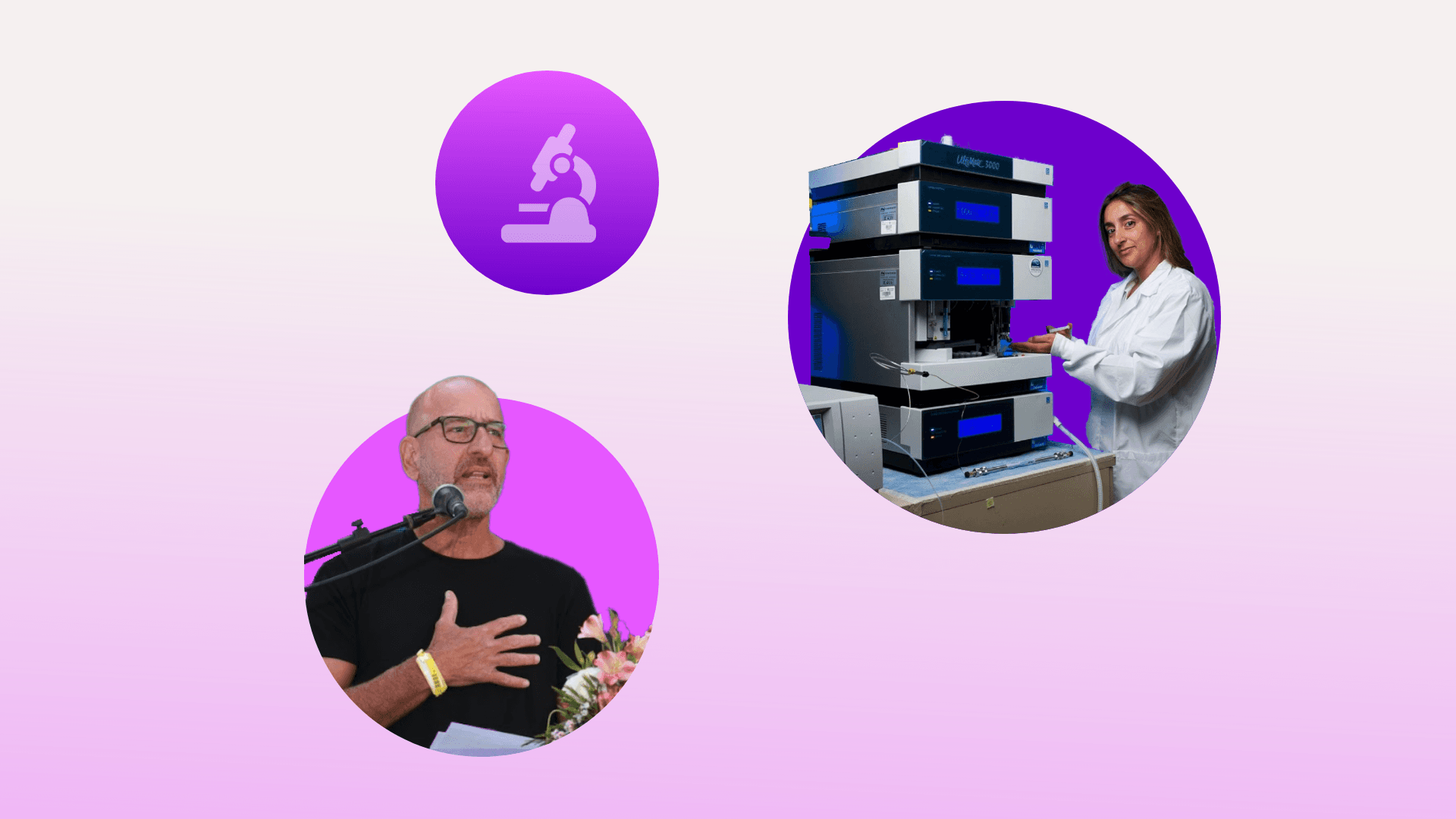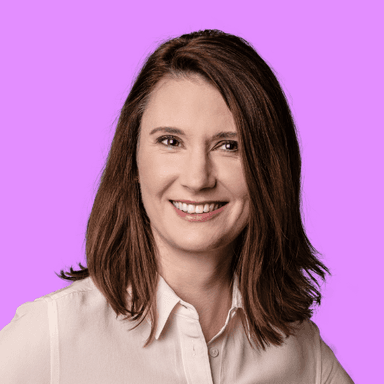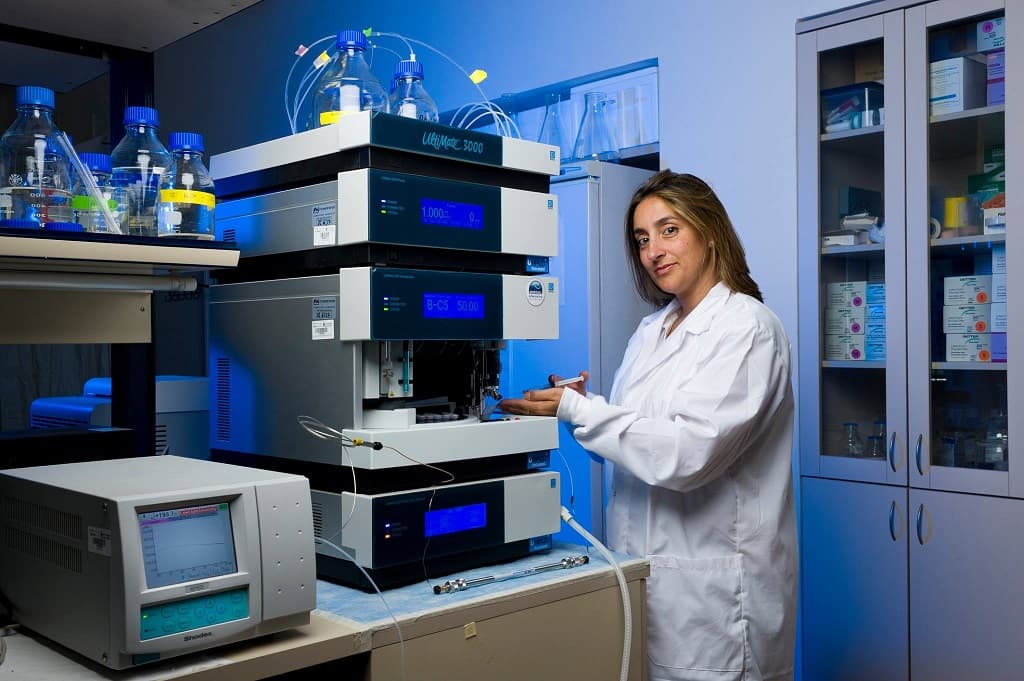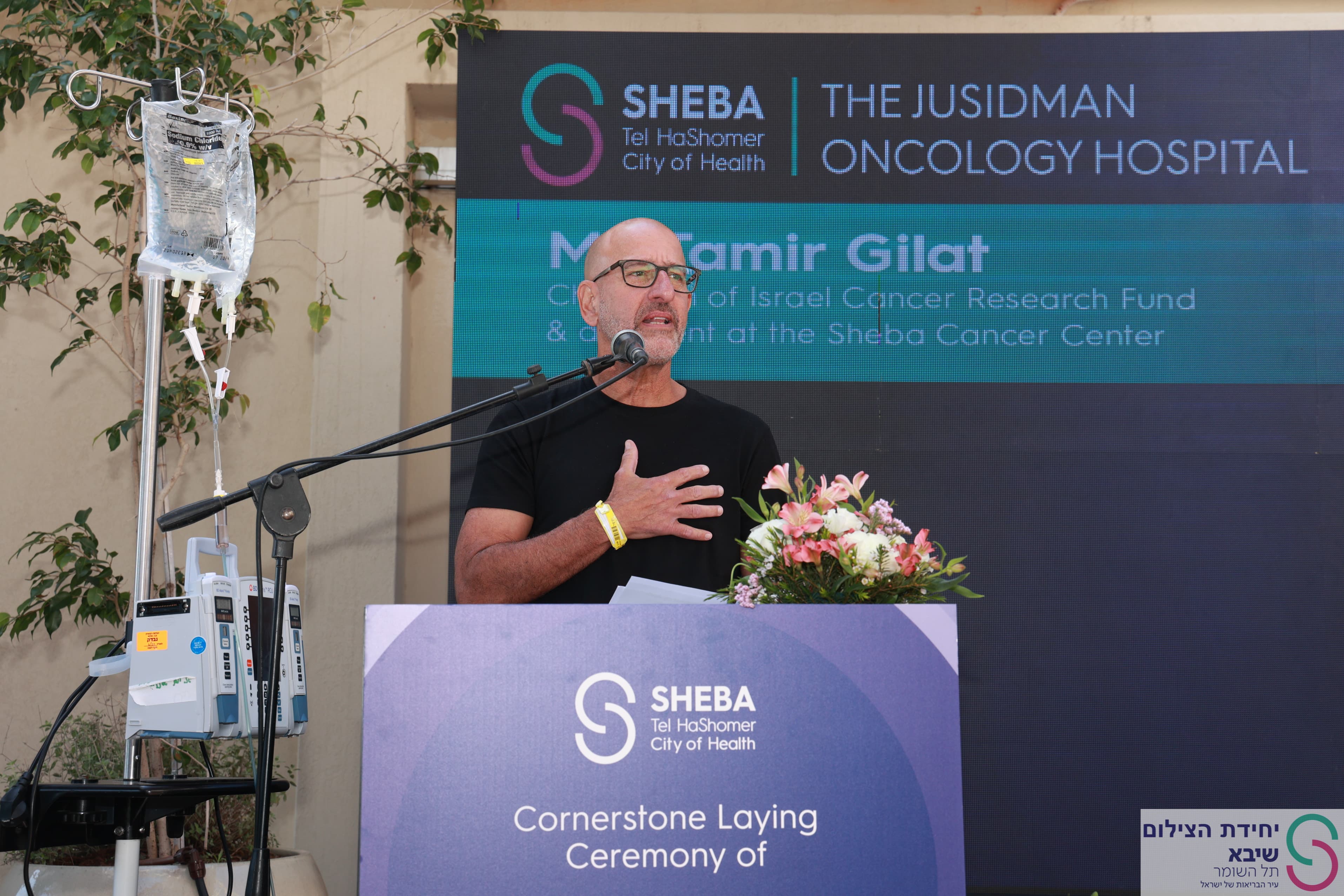Sep 26, 2023
How the ICRF Tackles Cancer Research With Automation
Learn how the Israel Cancer Research Fund leveraged Make to bring their operations up to speed, and enable their team of researchers to keep doing their important work with fewer roadblocks.

Welcome back to our series of Impact Stories, where we introduce organizations that serve their communities - and the world - for the better. The common thread in this series is the power of automation, and how it can help organizations achieve their goals in a fast, efficient manner.
When it comes to fighting cancer, the Israel Cancer Research Fund (ICRF) is leading the charge. This New York City-based group is empowering Israel’s best and brightest scientists as they tackle this illness that claims nearly 10 million lives around the world every year.
Their scientists are primarily focused on five main areas: Basic science, prevention, detection, treatment, and quality of life for patients living with cancer.
Working with a team of 20, plus some loyal volunteers scattered across the globe, the ICRF conducts worldwide fundraising efforts and then invests the proceeds in cutting-edge scientific research in Israeli labs.
To date, they have provided more than $87 million to support nearly 3,000 grants to Israel-based cancer researchers. And, excitingly, many of the grant recipients have been responsible for significant cancer research breakthroughs.
But, as an organization that was founded in the 1970s, the ICRF found that much of their medical and scientific data and processes weren’t necessarily optimized for 21st-century solutions.
Additionally, a staff that was spread across multiple countries made collaboration less than ideal.
So, they looked to Make to bring their operations up to speed and enable their team of researchers to keep doing their important work with fewer roadblocks.
How the ICRF uses Make
The ICRF primarily uses Make to handle research monitoring, donor management, and bookkeeping tasks and describes the platform as the “magic” behind many of their new and improved processes.
One of the most important aspects of any fundraising organization is having a clear view of incoming donations and available resources.
For this, the ICRF developed a Make scenario to send automatic, daily notifications to stakeholders with the amount of money raised the previous day.
Parallelly, various teams are notified via a Make scenario whenever a grant payment is due, streamlining the process of collecting invoices, generating payments, and gathering all the necessary documentation around this activity.
The results of the ICRF’s automation efforts
Since implementing Make into their daily operations, processes that had been designed nearly five decades ago are working more smoothly, and with significantly less paperwork.
Moreover, the organization has used its success with Make to rethink daily habits and examine how to better operate from an organization-wide perspective.
Their end game has always been the same - do everything in their power to fight cancer. And, with automation in their corner, they are able to take on the challenge more efficiently.
Make enables us to save precious time and use that time for additional fundraising for cancer research. The answer to cancer is research, so essentially Make isn’t just helping us save time – they are helping us to save lives
- ICRF Executive Director, Lior Lapid.
The numbers speak for themselves. Since implementing Make behind the scenes, more than 500 new donations came through the websites, and donor retention is up by more than 60%, more than 3 times compared to the industry average.
They can also lay claim to enabling the development of several new drugs, as well as various new treatment and diagnosis protocols that are now used globally.
The work the ICRF’s researchers are doing is so groundbreaking, in fact, that two of their researchers have won Nobel prizes for their discoveries.
What’s next for the ICRF?
After experiencing the benefits of automation, the ICRF is firmly committed to implementing Make’s capabilities across the organization.
Saving time on manual tasks enables them to focus on more important work - and in this case, it’s saving lives.
Additional use cases are in development, including creating a research database to showcase the thousands of research initiatives that they have already funded, which, they hope will lead to greater transparency, more fundraising, and additional resources with which to continue the fight against cancer.
The Israel Cancer Research Fund is a non-profit organization founded in 1975. The organization consists of scientists, researchers, and volunteers from across the United States, Canada, and Israel, and it has generated nearly $100 million to support cancer research since its inception.
To apply for Make’s NGO program, click here.
Ready to make the automation revolution happen?




